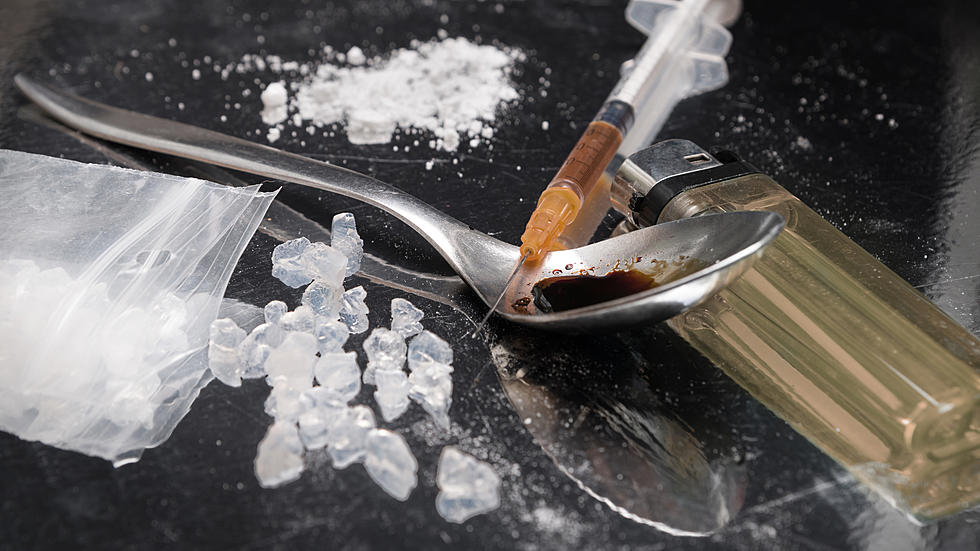
State Lawmakers Reject Drug Possession Law
State legislators rejected amending a drug possession law that would bring back minimum misdemeanor charges Sunday.
Engrossed Second Substitute Senate Bill 5536 proposed to bring back misdemeanor charges for drug possession, requiring pretrial diversion programs to be established in each county and to impose jail sanctions on those who refuse substance use disorder treatment.
On Feb. 25, 2021, the Washington state Supreme Court ruled that the state's felony drug possession law was unconstitutional in the State v. Blake case.
That ruling removed criminal charges for those caught with illicit substances, and recalculated defendants’ offender scores, resulting in shorter sentences.
Since that ruling, Chelan County Prosecuting Attorney Lee O’Brien has overseen approximately 3,000 cases that were affected by the Blake decision in Chelan County.

Those convicted on or before that supreme court ruling were able to vacate their convictions and remove them from their criminal record, something that O’Brien says is incredibly rare.
“We were kind of shocked because it went further than anybody had anticipated it would go,” O’Brien said. “It rapidly became clear that this meant vacating any conviction ever under the statute if somebody asks for it.”
What was even more shocking to O’Brien was the brief period after the ruling where drugs were essentially legalized within the state.
“That seems like that should be front page news, national news everywhere and nobody appeared to notice,” O’Brien said.
The Blake decision was amended a few months after it passed with the passing of Engrossed Senate Bill 5476.
Chelan County has had 40 re-sentencings, 136 dismissals, and 918 cases where one or more counts were vacated. The county also had to refund over a total of $310,000 back to those defendants.
“Hopefully [that] went primarily to people who had long since gotten past their drug addiction and not back to people who were in active drug use, but that's one of the unfortunate consequences of this,” O’Brien said.
Between 2019-20, opioid overdoses and deaths had nearly doubled due to factors brought on by the COVID-19 pandemic.
According to the University of Washington's Addictions, Drug and Alcohol Institute, opioid deaths increased over 35% between 2019-2021, resulting in 1,653 deaths within the state.
The Executive Director for the Center For Alcohol & Drug Treatment Loretta Stover said overdoses within the county nearly tripled and their caseload was cut in half after the Blake decision.
Under the previous drug possession statute, courts would work alongside drug treatment centers, using the threat of prison time to coerce people struggling with addiction to go through the center’s drug recovery program.
O’Brien said that although the Drug Offender Sentencing Alternative (DOSA) wasn’t always successful, it introduced people to inpatient treatment while reducing prison time.
“Coercing people into doing something isn't always the ideal thing either,” O’Brien said. “I mean, people are only ready for treatment when they're ready and most of the people we see come to the system are not taking advantage of the treatment options and really running with it and being successful, but that's just that's addiction, it's a very hard thing to be in.”
Stover said it’s essential for someone dealing with a drug addiction to experience some sort of “frustration signal” that would motivate them to seek treatment.
“There has to be a consequence that leads them to want to change their behavior, to change and address their addiction, and to be at a place where they're open and surrendering to learning a new way to live their life,” Stover said.
Stover said that they use a combination of cognitive behavioral models and harm-reduction methods in order to meet where patients are at.
“We meet the patient, where they're at, and what their goals are, always moving towards the patient becoming healthy and being able to sustain long term recovery.”
Drug possession would be legalized within the state if no action is taken before July 1, 2023.
More From The Quake 102.1





